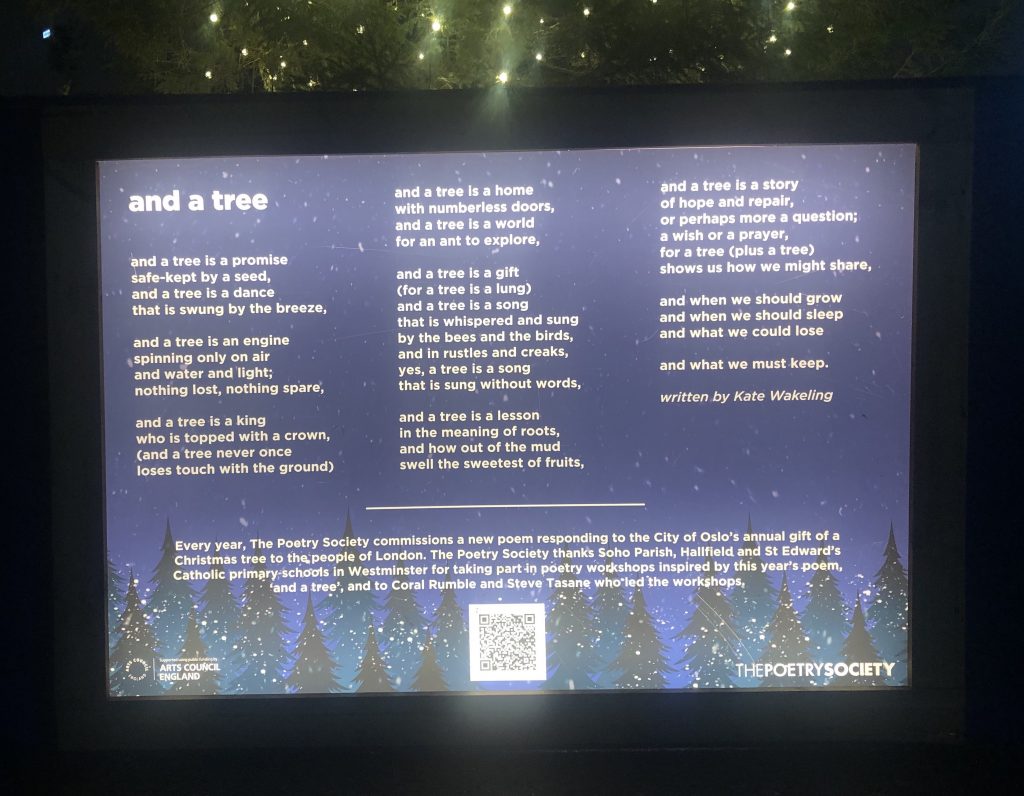Editing Ai-Da…
“I am the world’s first ultra-realistic artist-robot”, says Ai-Da, when asked to describe herself. “I draw, using cameras in my eyes and my robotic arm,” she says. Ai-Da also writes poetry. Indeed, she recently performed a poem to mark the 700th anniversary of the great Italian poet Dante’s death. She was given Dante’s epic narrative poem the Divine Comedy as a source, and using her algorithms and databank of words and speech patterns, created her own work.
So have we reached the point where robots are about to take over the world of writing? The answer is neither a categoric no, nor a simple yes, but somewhere far more indistinct and interesting in-between.
To write her poem, Ai-Da had human help. And I’m not talking about the humans who wrote her algorithms. According to Aidan Meller, Creative Director of the Ai-Da Robot Project, “restricted editing” also plays a part in the creation of her final poetry. “She can give us 20,000 words in 10 seconds,” he says. “And if we need to get her to say something short and snappy, we would pick it out from what she’s done.” So it’s a collaborative effort between human and machine, which to me points the way to the best form of future. One where artificial intelligence (AI) and human intelligence (“Hi”) happily co-create for a common good.
I’m not saying that’s easy – far from it. As Ai-Da puts it in her poem honouring Dante, “There are some things, that are so difficult – so incalculable…” But difficult isn’t impossible, especially when it is so desirable. Living not just well but better with AI – this is the big challenge and opportunity of our age. An epic challenge and opportunity worthy of great poetry.
So as we head towards the new year, let’s welcome Ai-Da, her editors and the many more robot-artists no doubt yet to come – and encourage them all to write their best for everyone.
